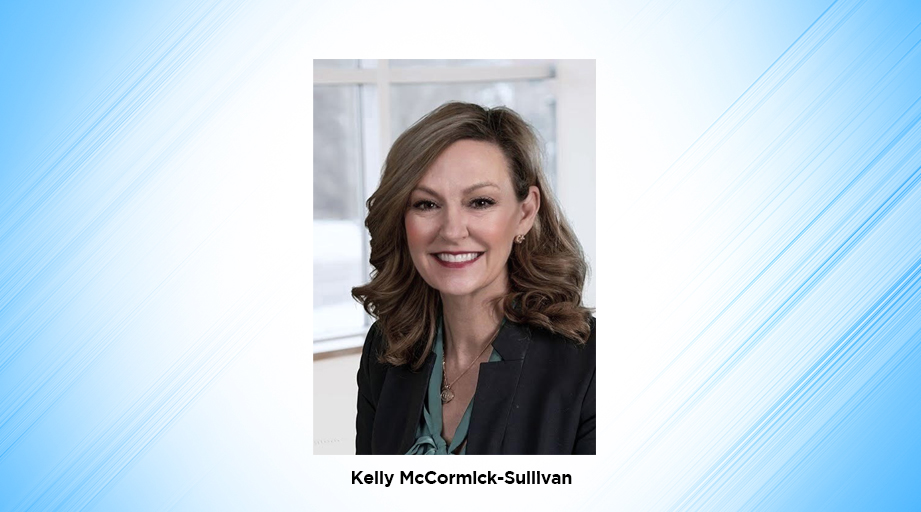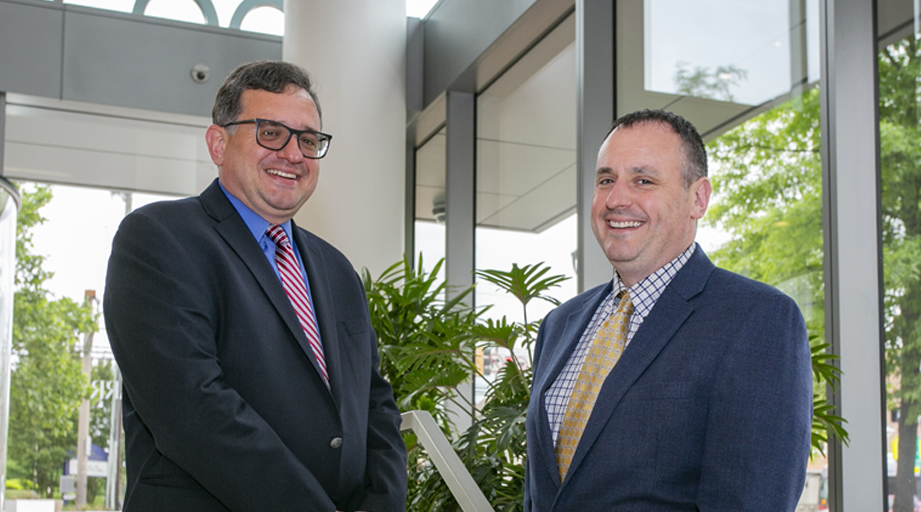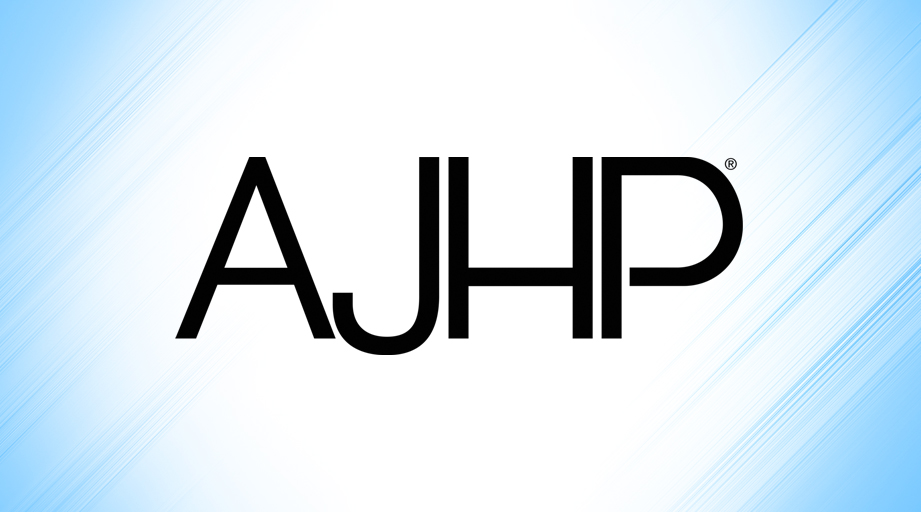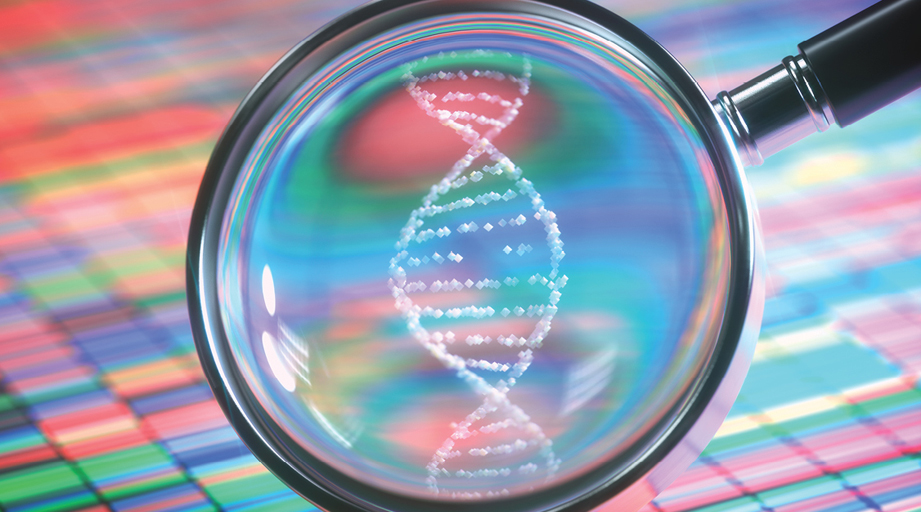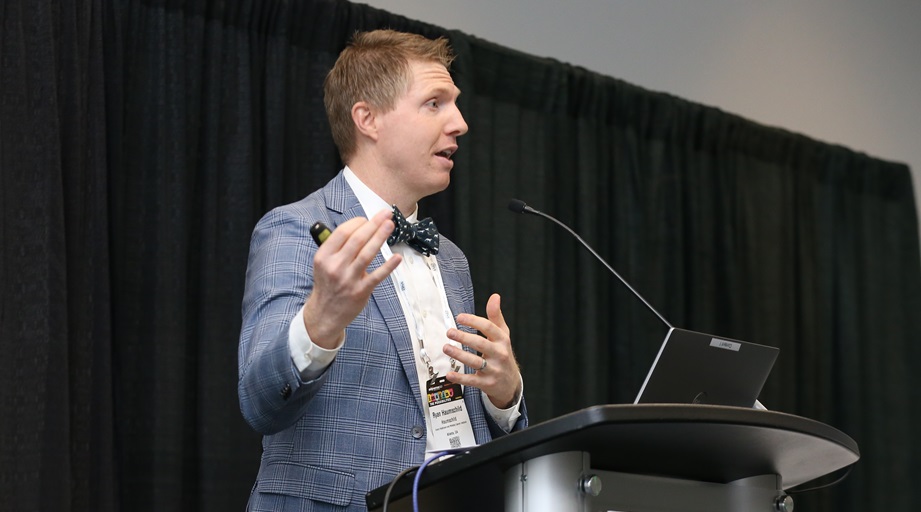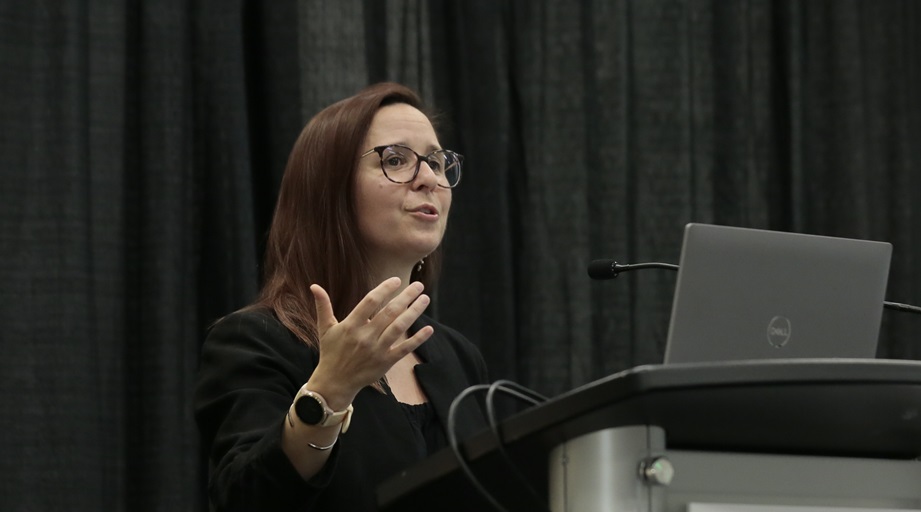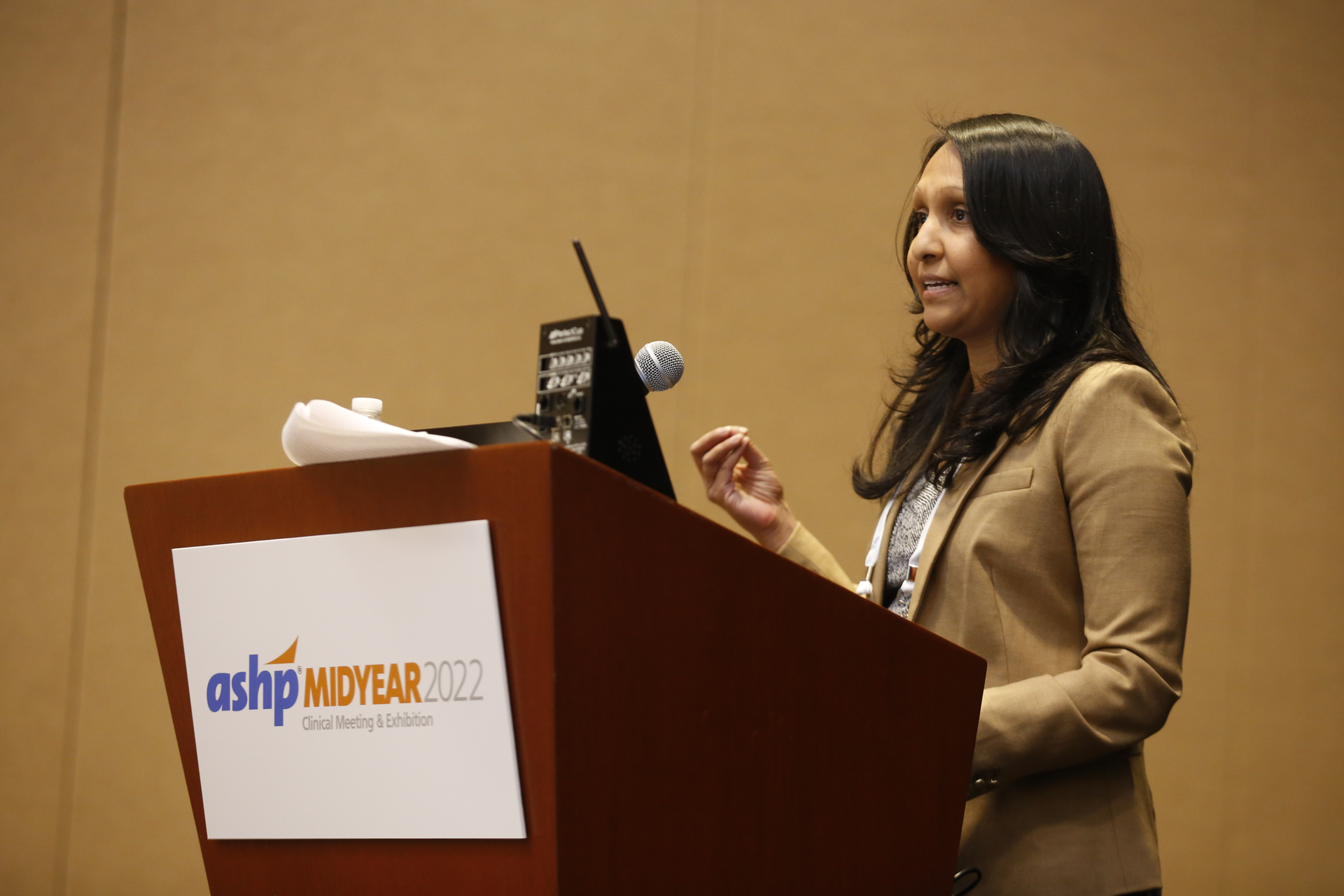
To improve health disparities, healthcare providers must challenge the role of race in medicine while overcoming their own implicit biases.
To overcome systemic racism and health disparities, healthcare providers must challenge the role of race in medicine while examining their own implicit biases, said Lalita Prasad-Reddy, assistant dean for student affairs for the Chicago State-University College of Pharmacy in a presentation at the Midyear Clinical Meeting & Exhibition.
In her Dec. 6 session, Oversimplification of Race in Practice and Education: Dangers, Consequences, and Impacts on Racism in Medicine, she explained that race is a social construct that originated in the 1600s to justify slavery. By categorizing people according to their physical features, groups could create strategic affiliations and maintain power over one another.
Centuries later, people continue to mistakenly believe that races are biologically different, an idea known as racial essentialism. But “race has never, ever been attributed to a person’s degree of athleticism, their degree of intelligence, or their personal ability to function in our society,” Prasad-Reddy stressed.
“We have known for 20 years [since the Human Genome Project was published] that socially constructed racial groups are 99.5 to 99.9% biologically identical,” she added. “We are all one race: the human race.”
Unfortunately, racial bias and stereotypes permeate our healthcare system, from research to medical guidelines to treatment decisions. Research indicates that providers who exhibit bias spend less time with their patients and are less likely to refer them to specialty care. Meanwhile, patients who experience bias are less likely to adhere to provider recommendations and more likely to postpone their care.
The broader implications are dire. While the session focused on race, Prasad-Reddy acknowledged that many other historically marginalized populations also face health disparities. She highlighted that Black patients are undertreated for pain, physicians are less likely to treat suicidal ideation in elderly patients, and adults who identify as lesbian, gay, transgender, queer/questioning, intersex, or asexual (LGBTQIA+) have higher rates of substance use.
Facts like these show that “any type of marginalization impacts the care that you get,” Prasad-Reddy said. “We need to be driving care toward these populations, not away from them.”
Prasad-Reddy advocated for a race-conscious approach to medical practice. First and foremost, she underscored the need for healthcare professionals to receive implicit bias training. “Even the most honest and well-intentioned individuals can have biases that may impact the way they interact and communicate with others,” she said. “Having implicit bias doesn’t make you bad, it just makes you human.”
Educators can help student pharmacists by bringing attention to controversies in race-based clinical algorithms. They can also contextualize statistics in terms of social determinants of health like education, housing, and employment, which are greater predictors of outcomes than even ancestry or genetics.
Prasad-Reddy also challenged attendees to reconsider why they use race in case presentation, recommending that they avoid race as a descriptor in history of present illness. For example, she said, instead of saying “AA is a 29-year-old Hispanic male,” providers can instead say “AA is a 29-year-old male who comes from Guatemala and is Spanish-speaking.”
“That tells us a lot more about the structural and systemic vulnerabilities that are going to affect the patient’s outcomes,” Prasad-Reddy explained.
Pharmacists should champion diversity in the workforce as well. The two largest minorities in the United States, Blacks and Hispanics, make up about 30% of the population but only 10% of the healthcare profession, Prasad-Reddy stated.
“We have a lot of room to grow in terms of making ... a bigger pipeline for underrepresented individuals in professional roles,” she said.
For more resources on this topic, visit the ASHP Inclusion Center.

